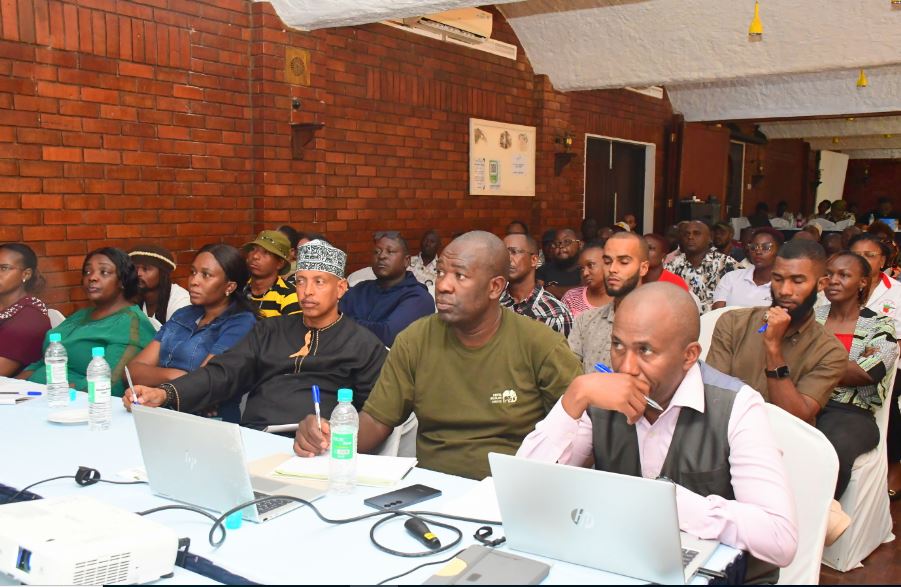The Kenya Wildlife Service (KWS) is proposing an increase in conservation fees for both local and international tourists visiting the country’s national parks and game reserves, as part of efforts to boost funding for wildlife protection.
The agency has initiated a nationwide public participation exercise to gather feedback on the proposed changes, which are anchored in the draft Wildlife Conservation and Management (Access and Conservation Fees) Regulations 2025. If approved, the new fees will come into effect in January 2026.
KWS Director General Prof. Erastus Kanga revealed that while wildlife generates Sh7.9 billion annually, the agency needs Sh19.7 billion to effectively carry out its conservation mandate, leaving a Sh12 billion funding gap. He emphasized that increased revenue would support critical operations such as patrols, habitat restoration, and community engagement.
“We are sitting on a golden goose, our wildlife, which must be fed regularly to keep laying,” Kanga said. “If we keep underpricing and neglecting it, it will die.”
The proposed hike has, however, raised concerns among tourism stakeholders, especially in the coastal region. Mohammed Hersi, a prominent hotelier, cautioned that Kenya risks losing tourists to neighboring destinations like Tanzania if fees are raised too sharply. He urged KWS to consider seasonal pricing and to benchmark against countries like Botswana and South Africa, not just Tanzania.
Hersi also proposed the creation of a conservation trust fund, supported by notable personalities, to help raise additional funds for KWS. Tour operators echoed these concerns, calling for a gradual rollout of the new rates to avoid discouraging visitors.
KWS noted that this would be the first major fee review in 18 years and insisted the new pricing reflects current conservation realities. According to Kanga, the updated framework could increase park revenues to Sh16.58 billion by 2028, supporting Kenya’s vision of remaining a leading global wildlife destination.
Public feedback can be submitted physically at KWS offices or via email to rates@kws.go.ke by August 5, 2025. After analysis, the revised regulations will be presented to Parliament for approval.

